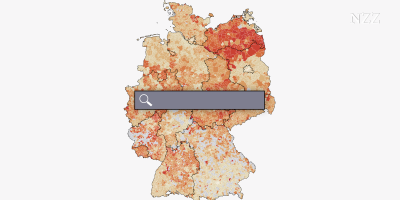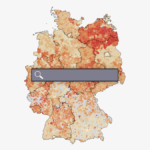
16th December 2024
Among the Fulani people of Nigeria, the Sharo ceremony is a bold display of bravery and endurance. Young men are publicly flogged as a rite of passage, and their ability to withstand the pain without flinching symbolises strength and maturity.
This tradition marks their transition into adulthood and readiness for marriage.
All rights reserved. This material, and other digital content on this website, may not be reproduced, published, broadcast, rewritten or redistributed in whole or in part without prior express written permission from PUNCH.
Contact: [email protected]
NEWS UPDATE: Get paid up to ₦120,000 per referral, payouts are sent to you within 24hours. Refer colleagues, friends, family, church members etc. Our approval process is STRICT, we desire only QUALITY REFEERALS. No fees required from you.
Click here to apply.


















